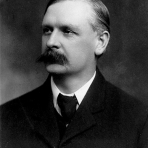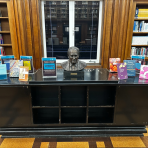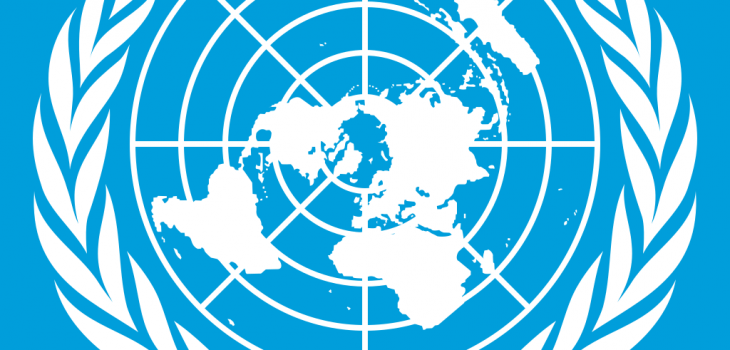24th October is United Nations Day.
Founded in 1945 to promote world peace and stability, the UN has since widened its remit to promote issues such as human rights, economic development and humanitarian assistance, and environmental and climate issues. In its 80 year history so far, the UN has won 12 Nobel Peace Prizes, the latest in 2020 for its World Food Programme, awarded “for its efforts to combat hunger, for its contribution to bettering conditions for peace in conflict-affected areas and for acting as a driving force in efforts to prevent the use of hunger as a weapon of war and conflict.” (Source: https://www.un.org/en/about-us/nobel-peace-prize/wfp-2020). Previous wins have been for establishing specialist agencies such as the International Labor Organization (ILO) that sought to achieve the “elimination of poverty, hardship and privation which weigh so heavily upon the dispossessed peoples of this earth” , the United Nations Children’s Fund (UNICEF) that aimed to offer “young people in all countries an alternative worth living and working for a world with” and the Office of the United Nations High Commissioner for Refugees (UNHCR) that sought “international protection for refugees by maintaining their right of asylum and seeking to prevent any forced return to the country from which they have fled.” On the 21st-23rd of September this year, the UN held a “Summit for the Future Conference” whose aim was to reinvigorate and strengthen their Sustainable Development Goals established in 2020. These goals included tackling global poverty, ensuring the mental health and well-being for all, and ensuring equitable quality education for all. Details on these and other Sustainable Development Goals may be found here: https://www.un.org/en/exhibits/page/sdgs-17-goals-transform-world
The Library has a wide collection of items co-authored and sponsored by the UN. There is a selection of items displayed in the Main Reading Room of the library.










